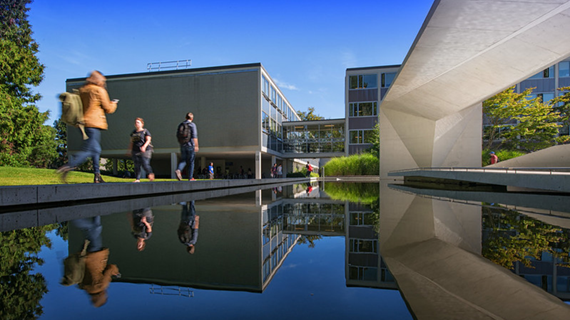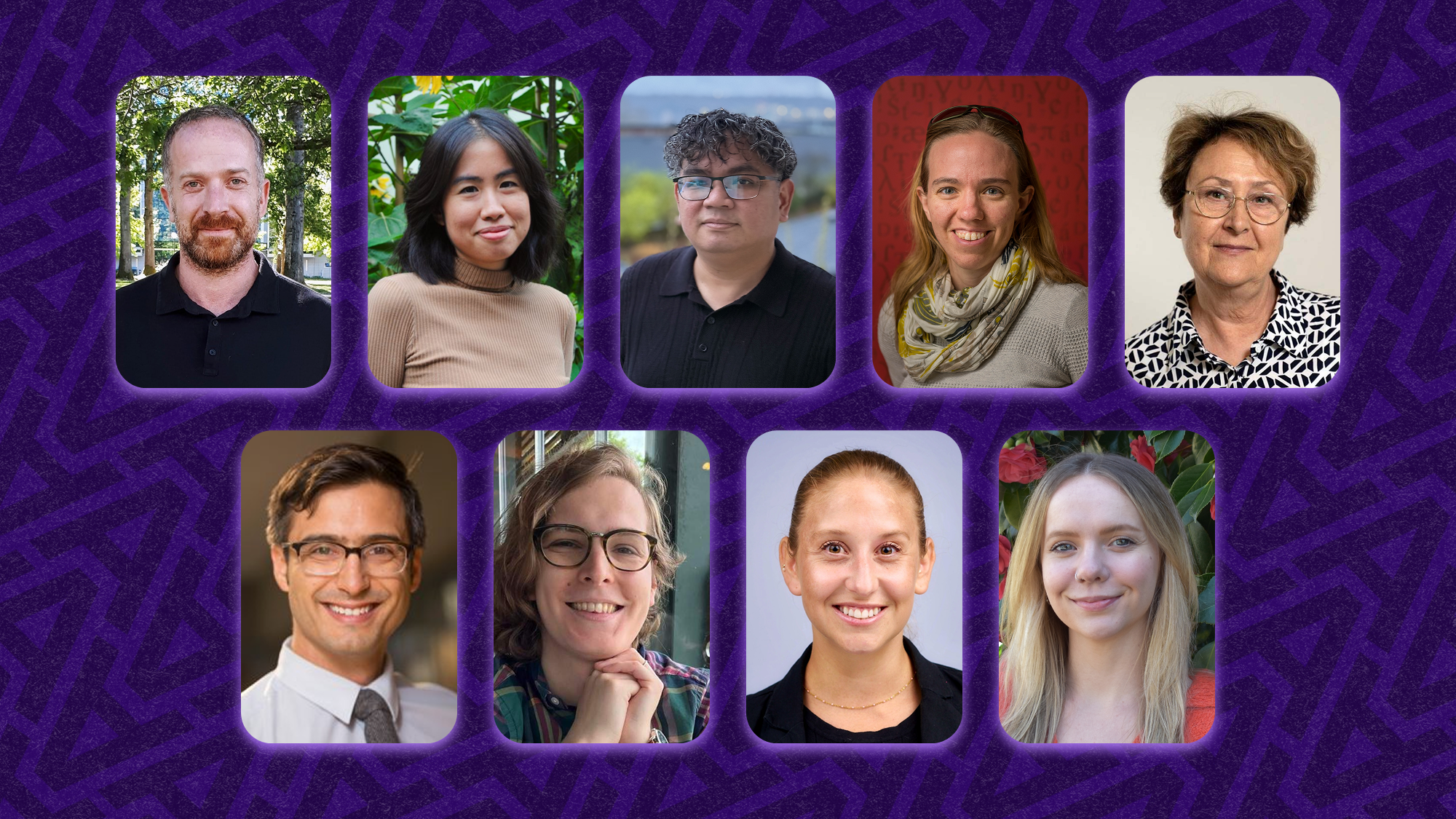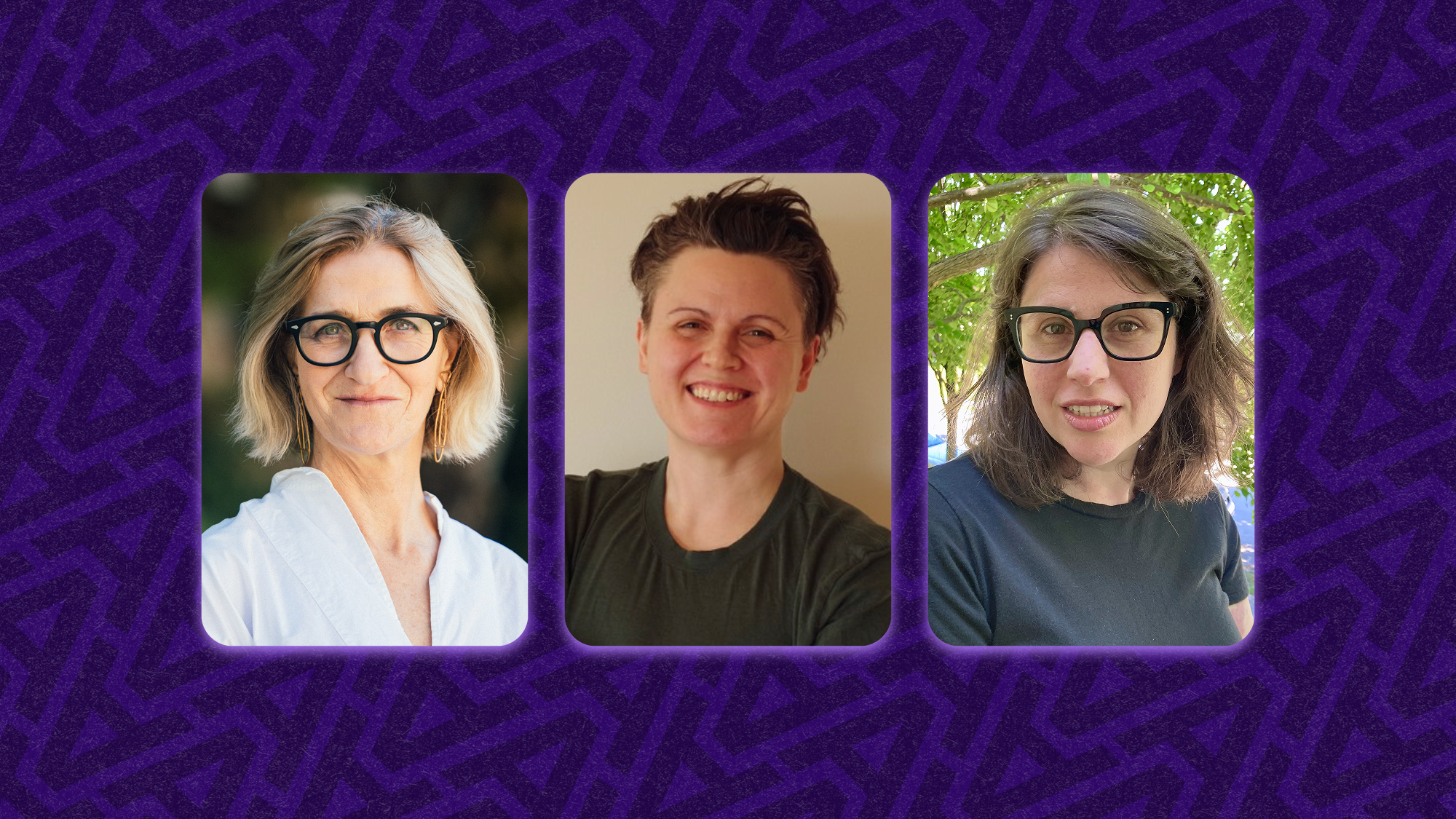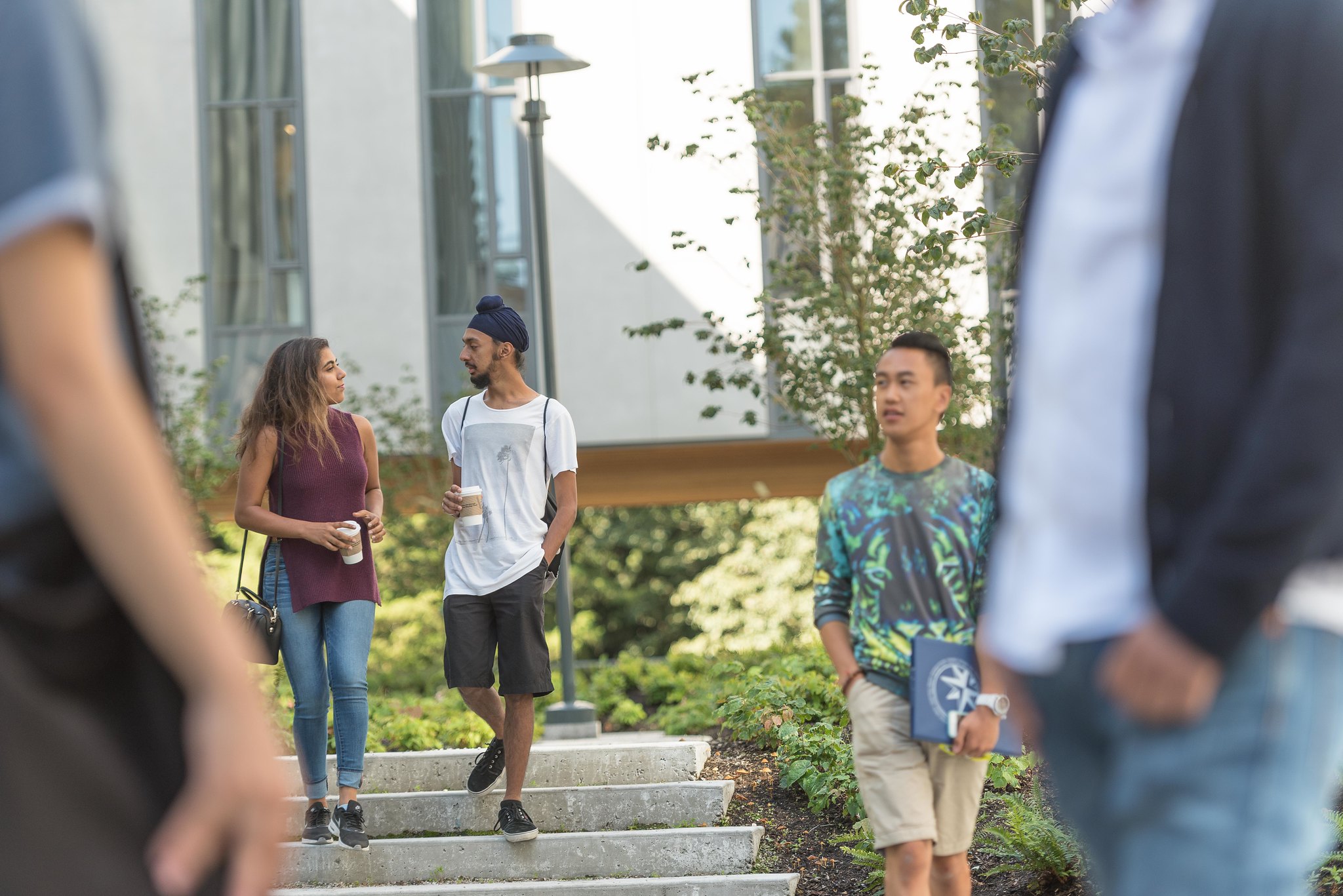

From insights into COP28 and Canada’s climate goals to the Google news deal, Arts faculty are sharing their expertise in the media this December. Check back in as we update this list throughout the month.
Department of Ancient Mediterranean and Near Eastern Studies
Norman Lear showed how comedy can get people through societal issues, says UBC professor | Dr. Toph Marshall discussed TV producer Norman Lear’s legacy and how he used comedy to help people face societal issues and global events. (CBC News)
Department of Anthropology
Future-proofing your town sounds great until you try it | Dr. Sara Shneiderman (cross-appointed in the School of Public Policy and Global Affairs) commented on challenges involved in disaster recovery in Canada and the focus on climate-friendly rebuilding in Lytton. (The Atlantic; subscription required)
Department of Geography
Shift away from fossil fuels now or face catastrophic warming by 2100, UN report says | Dr. Simon Donner commented on the UN’s Emissions Gap report. (CBC News)
Department of History
Everything Vancouver travellers need to know about visiting Bali | Dr. John Roosa commented on Indonesia’s sex legislation. (Vancouver is Awesome)
Department of Political Science
So how did Ken Sim do? ABC Vancouver, one year in | Dr. Stewart Prest discussed Mayor Ken Sim and the A Better City Vancouver party’s record since being elected a year ago. (The Tyee)
Council moves closer to scrapping the Vancouver Park Board | Dr. Stewart Prest commented on Vancouver city council’s decision to abolish the park board. (Global News)
Elections B.C. referral of West Vancouver mayor’s campaign finances to police is a rarity | Dr. Stewart Prest commented on Elections B.C.’s decision to forward a mayor’s campaign financing disclosure statement to police. (Vancouver Sun)
Rise of B.C. Conservatives puts B.C. United on shaky ground—to the NDP’s advantage, experts say | Dr. Gerald Baier commented on B.C.’s partisan politics. (CBC News)
Vancouver Mayor Ken Sim says he wants city to have ‘more swagger’ as he marks first year in office | Dr. Stewart Prest commented on the Vancouver City Council. (The Global and Mail)
Canada not on track to meet climate goals. Can Ottawa close the gap? | Dr. Kathryn Harrison said Canada has significantly narrowed its implementation gap but is still not on track to meet emissions targets. (Global News)
COP28 climate summit: What the goals are and why there’s controversy | Dr. Kathryn Harrison said COP summits are often criticized for being too slow in creating actual change. (CBC Kids News)
Department of Psychology
A psychologist explores the traits of a ‘relationship overthinker’ | Media mentioned a test co-developed by Dr. Paul Hewitt assesses an individual’s tendency to become bogged down in destructive thought patterns, especially pertaining to one’s closest relationships. (Forbes)
Why even a partial digital detox is a good idea this Christmas | Media mentioned a study by UBC psychology researchers which found that smartphones diminish the quality of face-to-face conversations. (WIRED)
Why your second pet will probably experience ‘survivor dog syndrome’ | Dr. Stanley Coren discussed “survivor dog syndrome,” the idea that a second dog is not as smart as the first one. (Newsweek)
Department of Sociology
Workplace expert says conditions at Canada’s spy agency ripe for harassment | Dr. Beth Hirsh commented on claims of workplace harassment against the Canadian Security Intelligence Service. (CTV News)
Department of Theatre and Film
In defence of “frazzled” Christmas movie moms | Dr. Lisa Coulthard commented on the “frazzled mom” trope in cult classic Christmas movies. (CBC News)
School of Journalism, Writing, and Media
How the Google news blackout was avoided | Dr. Alfred Hermida discussed the $100 million deal between Google and the federal government over Bill C-18. (CBC Radio)
Opinion: Google’s $100 million to Canada’s news industry is a small price to pay to avoid regulation | Dr. Alfred Hermida wrote about the $100 million deal between Google and the federal government to resolve their dispute over paying for news online. (The Conversation)
School of Public Policy and Global Affairs
Nuclear had a moment at COP28 — but it may be short-lived | Dr. Allison Macfarlane said nuclear power is not a short-term solution to climate change and that instead, we should invest in technologies that can be deployed today, such as solar and wind. (Grist)
Did the tides turn for oceans at COP28? Climate summit draws mixed reviews | Dr. Rashid Sumaila (cross appointed in the Institute for the Oceans and Fisheries) said the oceans should not carry the burden of carbon emissions made by humans. (Mongabay)
COP28: A Canadian lawyer’s backchannel strategy to force polluters to act | Dr. Philippe Le Billon (cross appointed in the Department of Geography) commented on Canada’s commitment to reducing emissions. (Global News)
School of Social Work
New study shows few low-income families benefiting from $10 daycare in B.C. | Dr. Lea Caragata co-authored a new report which found that very few low-income single mothers are accessing B.C.’s $10-a-day child care spaces. (CTV News)
Vancouver School of Economics
Good news: The pandemic didn’t make us meaner | Dr. John Helliwell discussed the World Happiness Report and the assumption that the pandemic made us more prone to being angry. (The Big Story Podcast)
Why traffic is so slow in some cities | Dr. Victor Couture discussed his research investigating why traffic is slow in some cities yet fast in others. (Forbes)
The GOP showed again how anti-worker it really is | A study co-authored by Drs. Nicole Fortin and Thomas Lemieux found that the five U.S. states that passed right-to-work laws between 2011 and 2017 saw a four-per-cent decline in union membership and a one-per-cent drop in wages. (The New Republic)


